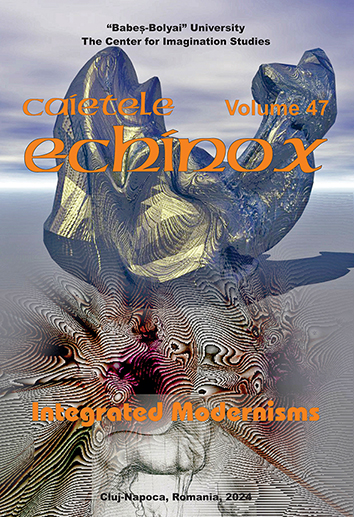Deterritorializing Theatre: Habima and the Making of the Modern Stage Language
Deterritorializing Theatre: Habima and the Making of the Modern Stage Language
Author(s): Alina Gabriela Mihalache, Ştefan FiricăSubject(s): Theatre, Dance, Performing Arts, Studies of Literature, Sociology of the arts, business, education
Published by: Universitatea Babeş-Bolyai
Keywords: Modern Hebrew Culture; Theatricalization; Non-Verbal Codes; Migrant Theatre; Deterritorialization; Trauma Representation;
Summary/Abstract: The history of the Habima theatre, the first Hebrew language company in the world, spans over at least three territories: Russia (soon to become the Soviet Union), United States, and Mandatory Palestine (on the place of the future state of Israel). Coming from Central Eastern Europe to Russia, accepted as one of the four studios of Stanislavsky’s MAT (Moscow Art Theatre), the migrant troupe will set on a famous world tour in 1926, before reaching Jaffa. Its director Yevgeny Vakhtangov connected the troupe, involved in the project of representing the old Jewish tradition, to the avant-garde and developed a new rhetoric, forging what will be later called the “theatrical theatre”. The new poetics, apt to cross language barriers, will become a stylistic signature in the representation of Jewish Holocaust, migration trauma, and deterritorialization to a worldwide audience.
Journal: Caietele Echinox
- Issue Year: 2024
- Issue No: 47
- Page Range: 164-178
- Page Count: 15
- Language: English
- Content File-PDF

